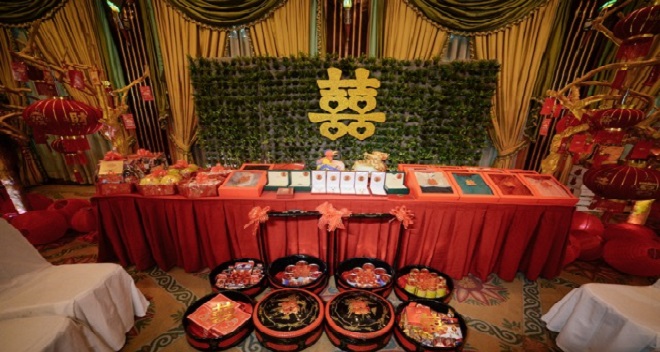
Prior to getting married, Filipino couples practice “pamamanhikan”, where the husband to be official approaches the hand of the woman for marriage, to bring both the man and the woman’s families closer. Strikingly, a great number of Filipino – Chinese immigrants staying in the nation likewise have a comparative engagement tradition called Tinghun.
Tinghun Rituals:
Tinghuns is normally known for the one of a kind and customary rituals introduced during the ceremony. One of the primary rituals rehearsed is the walking of the bride backward when entering the place where the occasion is held. This is to keep the bride from seeing the lucky groom promptly and to evade negative energy.
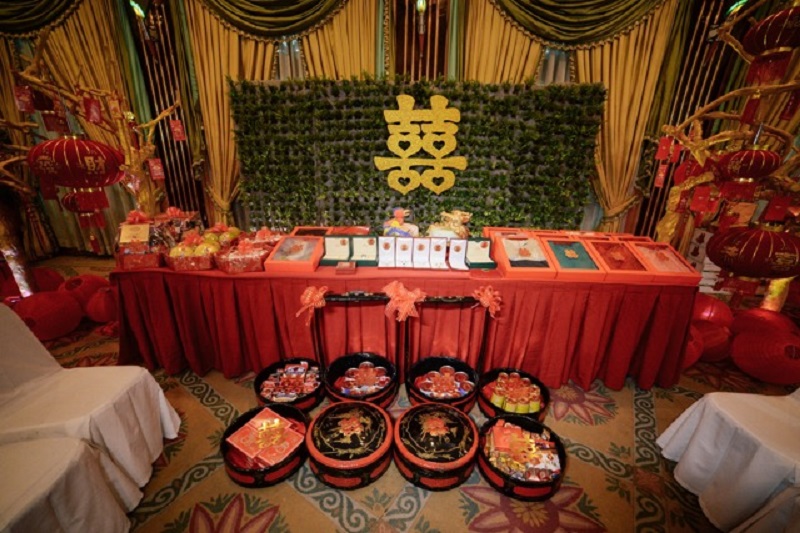
The regressive walk is followed by another ritual, where a wedded woman with an affluent and sound family, whom the bride of the hour should see as a role model, turns the bride three times until she is permitted to meet the groom.
After the passageway, the ceremonial serving of the beverage occurs. The drinks, which symbolizes bliss and good karma, is served from the eldest to the youngest individuals from the family, while the soon-to-be-married couple is served last. Sweet tea soup, which signifies harmony, is likewise served to the entourage.
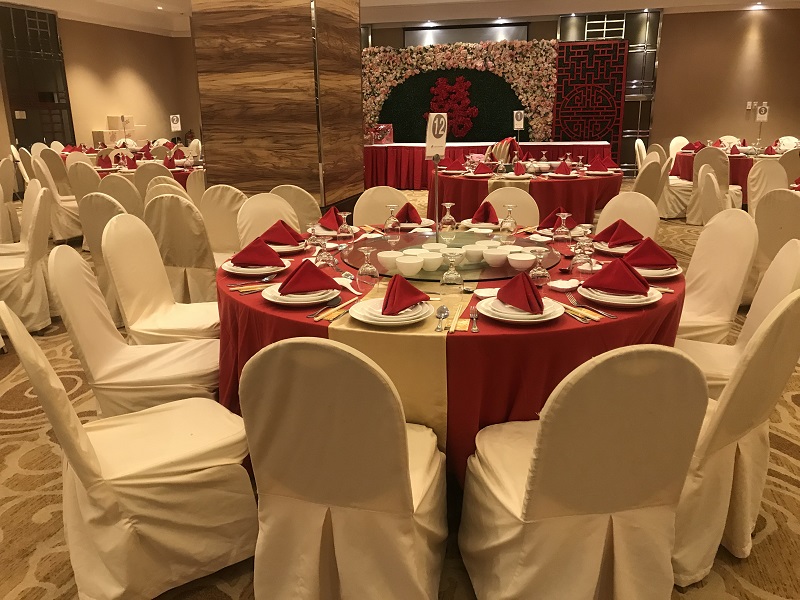
Symbolic Exchange of Gifts:
Asides from the rituals, Tinghuns are additionally prestigious for their luxurious trade of blessings from the groom and the bride’s respective families. It is entirely expected to trade jewelry and costly watches between families, however, there is no definite rundown of things, as they rely upon the money related capacities of the spouse of the groom, what is significant is that the gifts come in pairs.
More than gems that connote money related limit, noodles (misua), eggs, rounded fruits, cakes, and desserts are likewise traded. Noodles in Chinese culture have consistently connoted life span. The eggs, then again, symbolize fruitfulness with expectations of structure a family later on. Fruits symbolize riches, while the cake and sweets signify sweet begin for the couple.
The gifts are enclosed by holders with “喜喜” stickers on top. This is known as the Sanghee, which expresses double happiness.
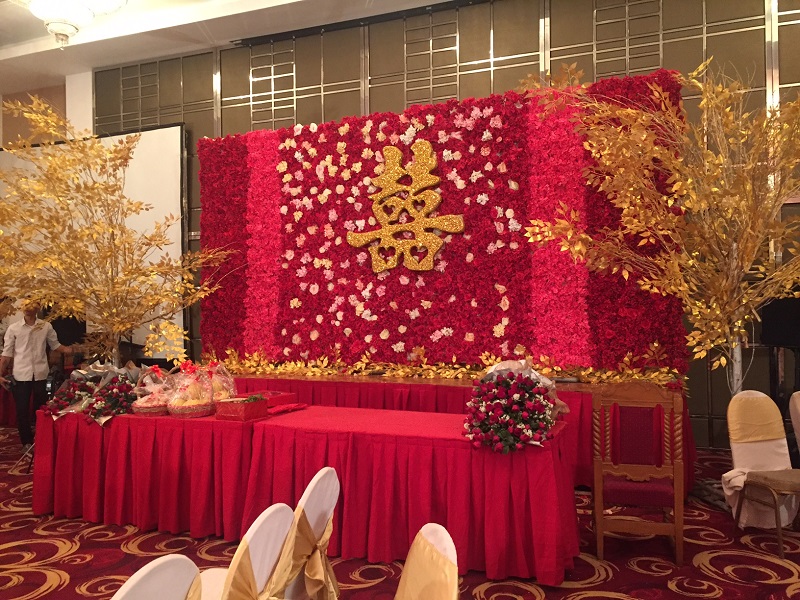
Planning a Tinghun:
Presently, Tinghun isn’t as much of the time saw in China any longer. Nonetheless, traditional Filipino – Chinese families still practice the ceremony. Tinghuns are generally held at the place of the bride as it is the groom’s time to formally ask for the woman’s hand for marriage. By and by, the ceremony would now be able to be held at hotels and restaurants for simpler set-up and preparation.
Luckily, Century Park Hotel, one of the leading hotels in Manila, offers commitment bundles which can make arranging your Tinghun simpler which begin at Php. 370,000. The bundle as of now incorporates two sets of commitment cakes, cha mi sua, special tea, sweet boiled eggs and a lot more things in the Tinghun checklist.
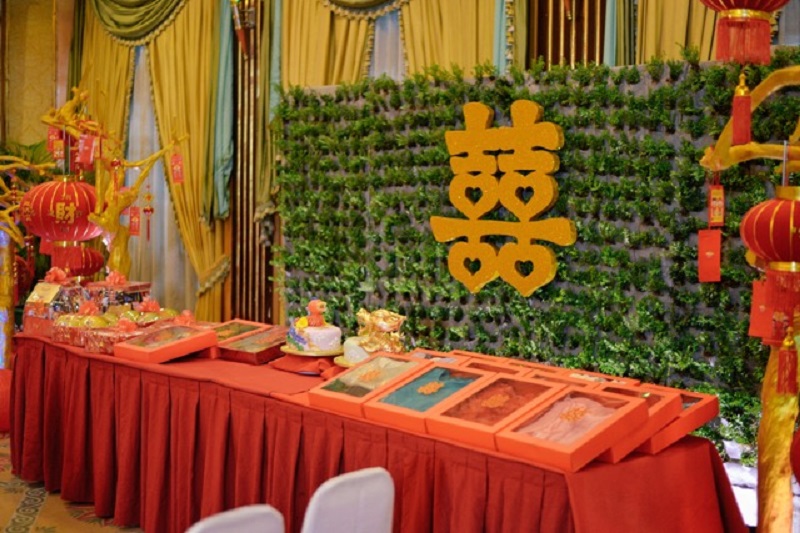
To know more about the package and Century Park Hotel’s Chinese Lauriat menu, please call (+632) 528 – 8888 or 0917-528-5888, or email information@centurypark.com.ph.
Booking a venue is one thing, preparing the event is another. In fact, there are even professional bridal consultants who can help in arranging the ceremony.
Tinghun is just one of the many rituals done to preserve and celebrate the Filipino – Chinese culture and identity, but there are also other traditions woven into the daily lives of the Filipino-Chinese which are also worth discovering.
Launched in 1976, the Century Park Hotel remains as one of the finest hotels in Manila. It is owned and operated by Maranaw Hotels and Resort Corporation and enjoys a mix of local and international patrons. The renowned establishment has over 500 rooms in varied types and facilities for a complete dining and leisure experience. To know more about Century Park Hotel, visitwww.centurypark.com or contact information@centurypark.com.ph and telephone number: (632) 528-8888.




